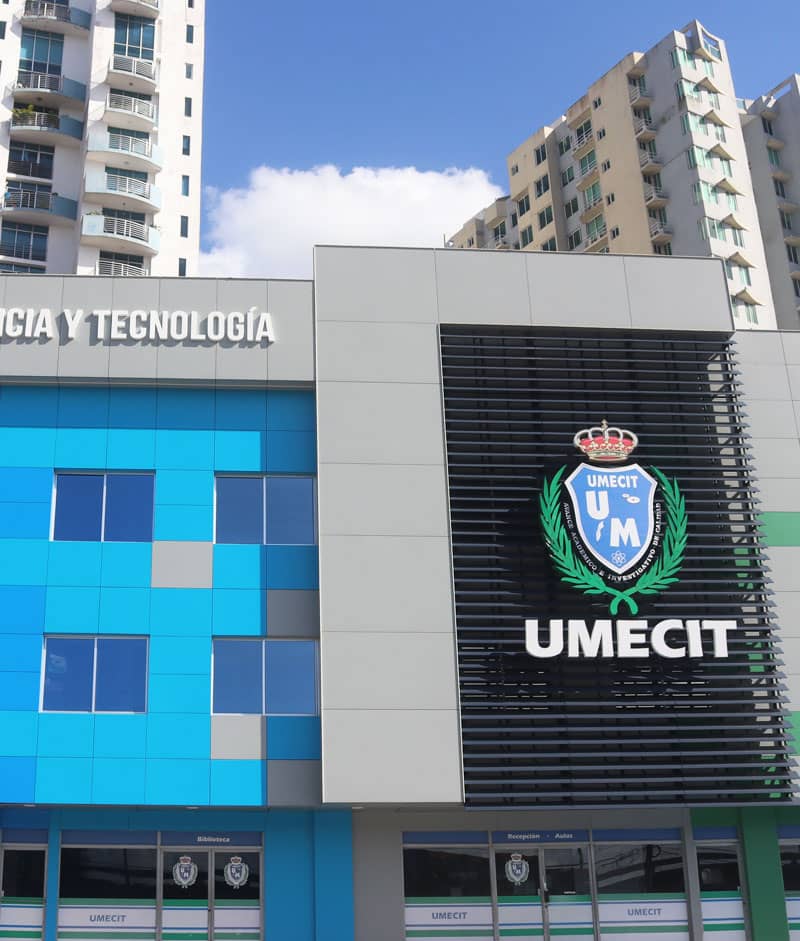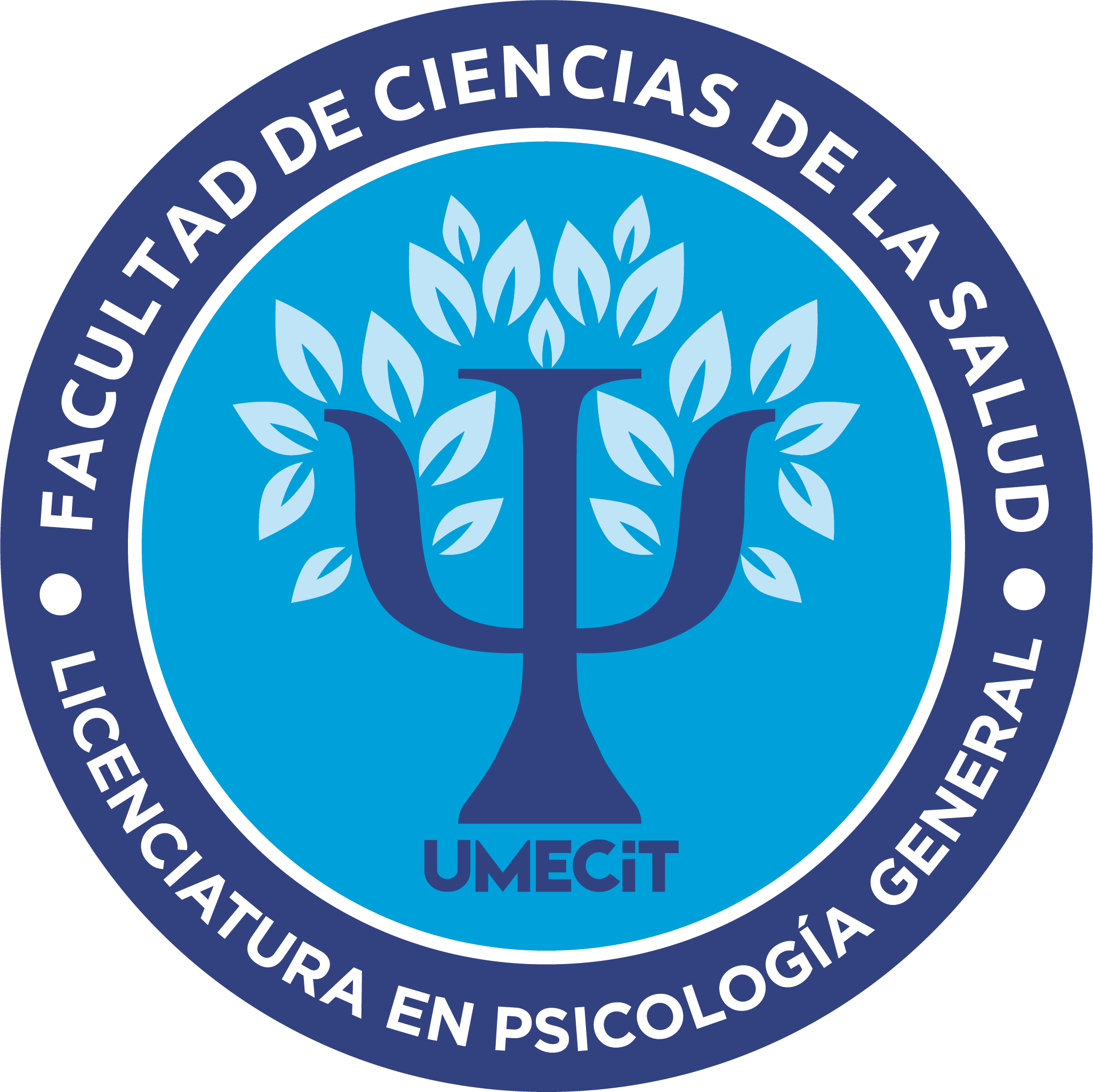“KNOW-JUSTICE”
In the world of justice and criminal investigation, there is a unique and committed hotbed: "Know Justice." This Forensic Psychology hotbed brings together a group of passionate and curious students who share a common interest in the study of the human mind and its relationship with criminal behavior.
Knowing Justice stands as a space for learning and academic development, where the various fields of psychology applied to the forensic field are explored. With a critical and insightful look, the members of the seedbed immerse themselves in the analysis of real cases, psychological evaluation techniques and expert opinion, as well as in the understanding of the mental processes involved in crimes and criminal behavior.



Guided by the desire to contribute to the justice system and society as a whole, Saber Justicia is dedicated to rigorous research and knowledge generation in forensic psychology.
Through its projects, it seeks to provide new approaches, tools, and perspectives that strengthen the work of professionals involved in resolving cases and rehabilitating individuals in conflict with the law.
Through this hotbed"know justice” not only focuses on the academic field, but also seeks to establish collaborative ties with institutions related to justice and security. Its objective is to transcend the UMECIT university classrooms and bring its research and knowledge to the service of the community, thus contributing to a more informed, just and humane justice.
In summary, Saber Justicia is a seedbed of Forensic Psychology committed to the study and application of psychology in the field of justice. With an unwavering passion for understanding and addressing criminal phenomena from a psychological perspective, its members strive to be agents of change and contribute to the advancement of psychology and forensic science for the benefit of society.
Likewise, the creation of this seedbed is justified taking into account the following points, namely:
*Need for specialization: Forensic psychology is a specialized discipline that requires a deep understanding of the human mind, criminal behavior and the justice system. This hotbed provides students with the opportunity to acquire specialized training in this field, developing specific skills and knowledge that are relevant to addressing the challenges and complexities inherent in investigation and evaluation in the forensic field.
*Contributions to justice and society: Forensic psychology plays a crucial role in the justice system by providing an in-depth understanding of the psychological factors that influence criminal behavior, judicial decision-making, and the rehabilitation of offenders. The seedbed seeks to generate knowledge and develop research that contributes to improving practices and policies in the field of justice, promoting greater efficiency and equity in judicial processes.
*Complementarity of disciplines: Forensic psychology draws on different disciplines, such as clinical psychology, criminology, law and sociology. This hotbed fosters interdisciplinarity, providing a meeting space and exchange of knowledge between students and professionals from various areas related to justice, thus enriching academic training and promoting a holistic approach in the analysis of forensic problems.



*Development of practical skills: The “Know Justice” incubator offers students the opportunity to develop practical skills relevant to the field of forensic psychology, such as the application of psychological evaluation techniques, the preparation of expert reports and case analysis real. This prepares students to meet the challenges of professional practice, while providing them with valuable practical experience and allowing them to become familiar with ethical procedures and standards in the forensic field.
*Promotion of research: The seedbed promotes research in forensic psychology, stimulating the generation of new knowledge and the active participation of students in research projects. Through research, it is possible to explore new areas of knowledge, validate and improve existing techniques, and contribute to the advancement and development of the discipline.
“KNOW-JUSTICE”
Specialized training: Provide students with specialized training in forensic psychology, providing theoretical and practical knowledge that allows them to understand and address criminal phenomena from a psychological perspective.
Research and knowledge generation: Promote research in forensic psychology, encouraging student participation in research projects that contribute to the advancement of the discipline and the development of new knowledge in the field.
Development of practical skills: Develop relevant practical skills for professional practice in forensic psychology, such as the application of psychological evaluation techniques, the preparation of expert reports and the understanding of judicial and prison processes.
Interdisciplinarity and collaboration: Promote interdisciplinarity and collaboration between students and professionals from various areas related to justice, such as law, criminology and sociology, to comprehensively address the challenges and problems in the forensic field.
Knowledge transfer: Contribute to the dissemination and transfer of knowledge in forensic psychology to the academic and professional community, through the organization of conferences, talks, seminars and related events.
Contribution to justice and society: Apply the knowledge and skills acquired in the seedbed to contribute to a more informed and equitable justice, as well as the well-being of society in general, through advice and support in forensic cases and participation in rehabilitation and social reintegration programs.
Personal and professional development: Promote the personal and professional growth of the members of the seedbed, encouraging the acquisition of skills and aptitudes necessary for the exercise of forensic psychology, such as ethics, effective communication, teamwork and analytical skills. critical.
FORENSIC LEGAL PSYCHOLOGY
Building a research hotbed implies carrying out constant theoretical and investigative reviews that support and guarantee that the theoretical constructs associated with the central theme of the hotbed are validated and recognized by the scientific community. That is why it is important to briefly mention the conceptual bases of the seedbed “know-justice”
Forensic psychology
It is based on the application of the principles and knowledge of psychology in the legal field and justice. This discipline encompasses the evaluation, diagnosis, treatment and counseling of individuals involved in judicial cases, as well as the investigation of psychological factors that influence criminal behavior and judicial decision-making (González Ortega, E; 2017).
Criminology
Criminology is a discipline that studies the criminal phenomenon from different perspectives, such as sociological, psychological and legal. The seedbed is based on the fundamentals of criminology to understand the individual, social and environmental factors that contribute to the commission of crimes and to address the prevention and treatment of criminal behavior (Freixa i Baqué, J., & Alarcón Roca, R 2012).
Social Learning Theory
This theory proposed by Albert Bandura emphasizes the importance of social models and the environment in learning and acquiring behaviors. In the forensic context, this theory is relevant to understand how individuals can learn criminal behavior through observation and imitation of criminal models (Bandura, A; 1999).
Kohlberg's Theory of Moral Development
This theory proposed by Lawrence Kohlberg describes the different levels and stages of moral development in individuals. In the forensic field, this theory provides a conceptual basis for understanding morality and ethical decision-making in the context of crime and the justice system (Kohlberg, L.; 1992).
Theory of information processing
This theory refers to how individuals acquire, process, and use information to make decisions and solve problems. In the forensic context, this theory is relevant to understand how individuals process and evaluate information related to crimes, testimonies and forensic evidence (Castañón, C; 2009).
These conceptual bases provide the theoretical foundations necessary to address the study and understanding of criminal behavior, as well as to apply the knowledge of psychology in the justice system. The "Know Justice" incubator is based on these principles to develop research, projects and activities that contribute to the advancement of forensic psychology and the improvement of justice and security in society.


BIBLIOGRAPHY
- Buela-Casal, G., & Sierra, JC (Eds.). (2017). Manual of Forensic Psychology. Panamerican Medical Editorial.
- Bandura, A. (1999). Personality theories. XXI Century Publishers.
- Castanon, C. (2009). Legal and Criminological Psychology: Introduction to Legal Psychology and its applications in the criminal field. Editorial Tirant lo Blanch.
- Freixa i Baqué, J., & Alarcón Roca, R. (2012). Manual of Criminology and Psychology of Crime. Paidos Editions.
- González Ortega, E. (2017). Forensic psychology. Pyramid Editions.
- Gisbert Calabuig, JA (2015). Legal and Forensic Psychology: New fields of intervention. Pyramid Editions.
- Kohlberg, L. (1992). Psychology of moral development: The development of morality in childhood. Morata Editions.
- Piaget, J. (2012). Developmental psychology: The construction of moral thought. Morata Editions.
- Rodríguez Díaz, FJ (2018). Forensic Psychology: Intervention and psychological evaluation in the legal and criminal field. Editorial Synthesis
- Santrock, JW (2016). Developmental psychology: Childhood and adolescence. Publishing Mc Graw Hill.
WHICH ARE IN THE PROCESS OF IMPLEMENTATION FROM THE SEEDBED
Evaluation of criminal profiles
Through this project, the analysis of the psychological and behavioral characteristics of different types of criminals is carried out, with the aim of identifying common patterns and developing criminal profiles that can help in the investigation and resolution of cases. Initially, the project is carried out through the review of research background and the findings are contextualized according to the Panamanian reality.
Evaluation of witnesses and testimonies
Through this project, investigate the factors that influence the accuracy and reliability of testimonies in the forensic field, analyzing variables such as stress, suggestibility and the influence of external factors. The objective is to improve the evaluation procedures and the use of testimonies in judicial processes. Initially, the project is carried out through the review of research background and the findings are contextualized according to the Panamanian reality.
Violence risk assessment
Through this project, assesses and predicts the risk of violence in individuals involved in criminal cases, using specific psychological assessment tools and techniques. The objective is to contribute to the early identification of people with a higher probability of committing violent acts, and thereby contribute to the primary prevention of this type of situation. Initially, the project is carried out through the review of research background and the findings are contextualized according to the Panamanian reality.
Offender Rehabilitation
Through this project, investigate the most effective psychological interventions and rehabilitation programs to reduce criminal recidivism. The objective is to improve treatment programs and the social reintegration of individuals with criminal records. Initially, the project is carried out through the review of research background and the findings are contextualized according to the Panamanian reality.
Risk factors and protection in victimization
Through this project, the risk and protection factors related to victimization and the psychological impact on crime victims are analyzed, in order to provide relevant information for prevention and adequate psychological support. Initially, the project is carried out through the review of research background and the findings are contextualized according to the Panamanian reality.
Judgment Competency Assessment
Through this project, the methods and criteria used to assess the mental competence of defendants in the justice system are investigated, and the relationship between mental competence and judicial decision-making is examined. Initially, the project is carried out through the review of research background and the findings are contextualized according to the Panamanian reality.
Evaluation of restorative justice programs
Through this project, the effects and effectiveness of restorative justice programs in conflict resolution and damage reparation are investigated, both for victims and offenders, with the aim of improving criminal justice approaches. Initially, the project is carried out through the review of research background and the findings are contextualized according to the Panamanian reality.

RESPONSIBLE FOR THE SEEDBED

teacher in charge
Contact: jill.manuel@gmail.com

Nursery Leader Student
Contact:
janethberguido
@gmail.com

